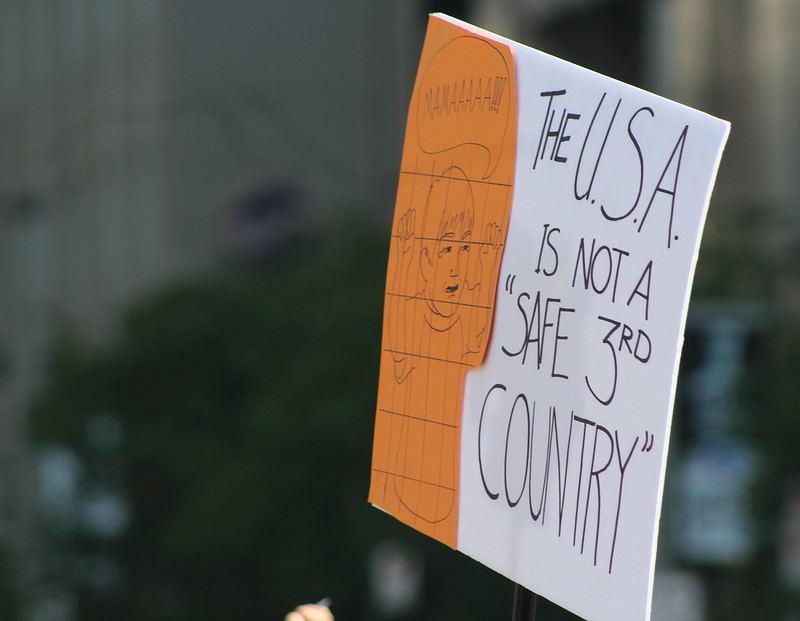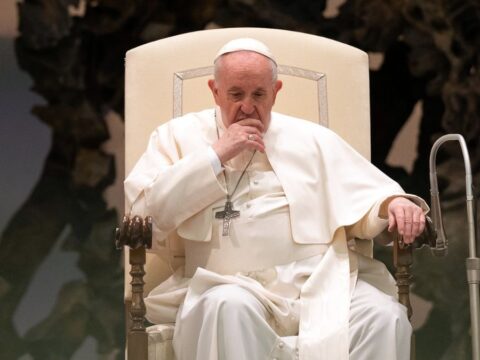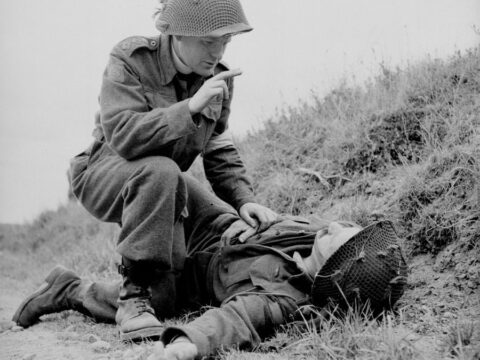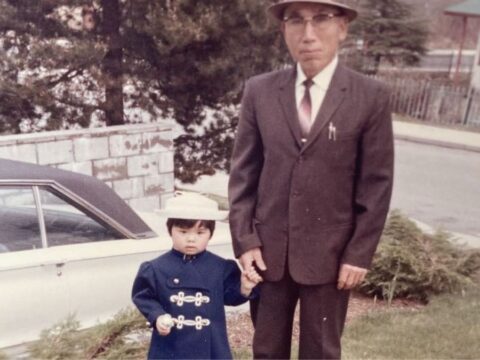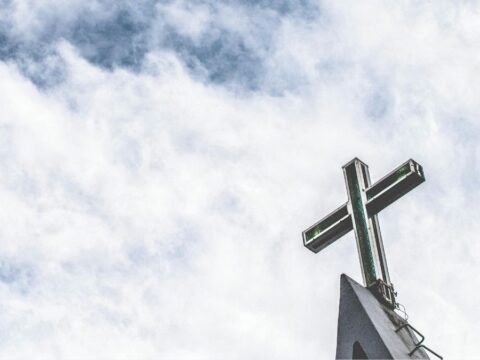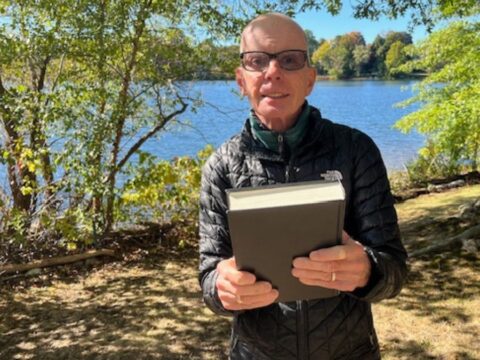On Friday afternoon, Public Safety Minister Bill Blair announced that the Canadian government had appealed the Federal Court’s decision to strike down the Canada-U.S. Safe Third Country Agreement. The Federal Court has now ruled twice, first in 2007 and again this year that the agreement violates refugee rights.
This time, Nedira Jemal Mustefa provided persuasive testimony to the court that after Canadian border officers returned her to the U.S. in 2017, she was detained at the Clinton Correctional Facility in New York state for a month and held in solitary confinement for a week. She called solitary confinement “a terrifying, isolating and psychologically traumatic experience,” and when not in solitary confinement, she was held with others who had committed crimes. Her testimony was confirmed and corroborated by additional testimony from others who had been turned back to the U.S. from a Canadian border post. The average period of detainment in U.S. facilities was confirmed as 31 days.
You may unsubscribe from any of our newsletters at any time.
On July 22, Madam Justice McDonald of the Federal Court ruled that sending refugee claimants back to the U.S. under the Canada-U.S. Safe Third Country Agreement violates the Canadian Charter of Rights and Freedoms and so effectively struck down the agreement. She described the conditions of Mustefa’s detainment as being sufficient to “shock the conscience” and concluded that the agreement violated the Charter right that “[e]veryone has the right to life, liberty and security of the person and the right not be deprived thereof except in accordance with the principles of fundamental justice.” The judge gave Parliament a six-month window to respond.
More on Broadview: Undocumented people share how they live outside the system
In the federal government’s appeal, Blair said that “Canada has a long and proud tradition of providing protection to those who need it most by offering refuge to the world’s most vulnerable people, and the Government of Canada remains firmly committed to upholding a compassionate, fair and orderly refugee protection system.”
Can you see the contradiction? On one hand, based on overwhelming evidence that “shocks the conscience,” the government of Canada is complicit in Charter violations by sending refugee claimants back to a country that routinely places them in prison, yet, our government claims when announcing its appeal that it provides protection to those who need it (and on a Friday afternoon, when it might get the least media coverage)?
The Canadian Council of Churches (CCC) has participated in refugee rights advocacy since the 1980s. A landmark 1985 ruling in which the CCC was an intervenor established that refugee claimants are entitled to assert the protection of Section 7 of the Canadian Charter of Rights and Freedoms, which guarantees “everyone … the right to life, liberty and security of the person and the right not to be deprived thereof except in accordance with the principles of fundamental justice.” The term “everyone” in Section 7 includes every person physically present in Canada. As you can imagine, this precedent-setting case was an important step in ensuring that refugee claimants at a border post in Canada today can bring a case forward and so appeal to the Charter of Rights and Freedoms so that their rights are respected under the same principles of justice afforded to anyone else in Canada.
Christians and those from other faith communities see welcoming the stranger as a key tenet of their faith. Indeed, the image of Jesus and his parents fleeing to Egypt as refugees is a compelling part of the story of the gospel. Similarly, the images of refugees from Vietnam, Syria and many other countries being welcomed at the airport, in homes, in churches and other places of worship are now an integral part of the story of Canada.
The United Church has a history of welcoming strangers, sponsoring and working with refugees to build a home in Canada, accepting and being changed by the presence of new peoples in Canadian communities, but also advocating for refugee and human rights. Early advocates were inspired by the Biblical story of Cain and Abel: Am I my brother’s keeper?
May that same question inspire and challenge us to speak up and be with people who need home and safety. May the Spirit guide us all to see and experience the breath of created dignity in our brothers and sisters, indeed, in all of humanity.
Write your member of Parliament. Ask them to drop the appeal and instruct the Canada Border Services Agency to immediately suspend sending refugee claimants back to the U.S., where they are imprisoned.
CORRECTION: A previous version of this story stated that Jesus’ parents were refugees when they were refused room at the inn in Bethlehem, when a scriptural account actually says that a census brought them to the city. Many consider them to be refugees in the story of their escape to Egypt after Jesus’ birth. This version has been corrected.
***
Peter Noteboom is the general secretary of the Canadian Council of Churches. He is a commissioned pastor in the Christian Reformed Church and lives in Toronto.
I hope you found this Broadview article engaging. The magazine and its forerunners have been publishing continuously since 1829. We face a crisis today like no other in our 191-year history and we need your help. Would you consider a one-time gift to see us through this emergency?
We’re working hard to keep producing the print and digital versions of Broadview. We’ve adjusted our editorial plans to focus on coverage of the social, ethical and spiritual elements of the pandemic. But we can only deliver Broadview’s award-winning journalism if we can pay our bills. A single tax-receiptable gift right now is literally a lifeline.
Things will get better — we’ve overcome adversity before. But until then, we really need your help. No matter how large or small, I’m extremely grateful for your support.
Jocelyn Bell
Editor/Publisher

